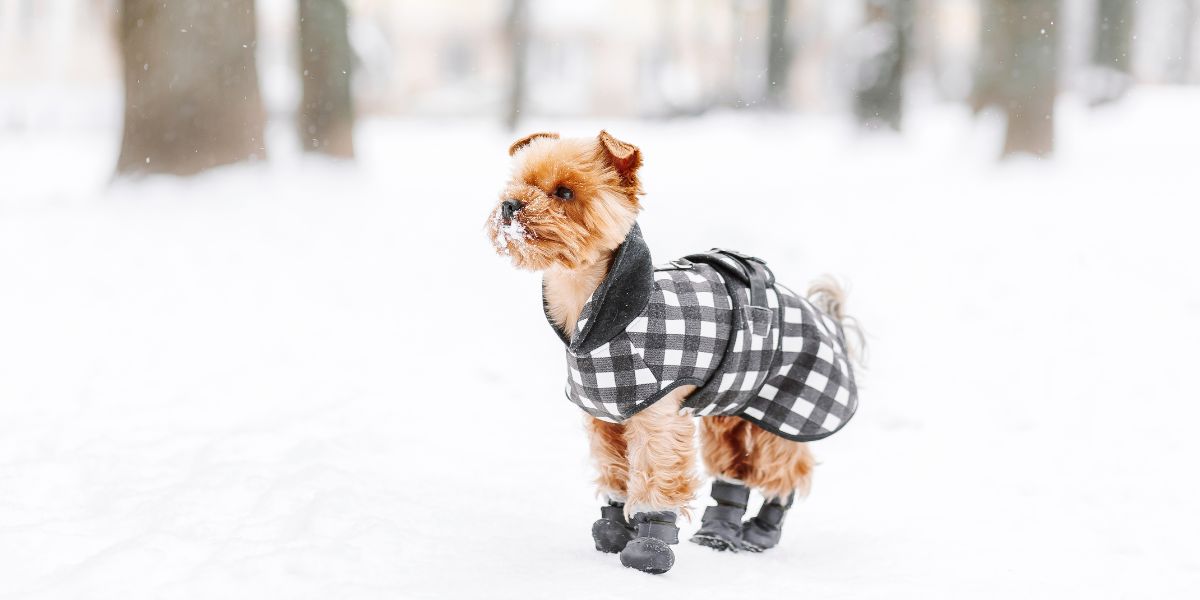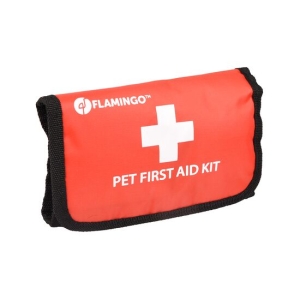Tips for caring for dogs in winter
Winter can be a beautiful time to enjoy outdoor activities with your dog, but it’s important to be prepared for the cold weather. Following these simple tips can help your dog get through the winter safely and comfortably.
1. Make sure your dog has adequate shelter
If your dog stays outside, ensure a warm, dry shelter with an insulated floor. The shelter should be large enough for your pet to stretch out and move around freely.
2. Make sure your dog has a healthy coat
Your dog’s fur is a natural barrier against the cold. If your dog has short or thin fur, you may need to give it an extra layer of protection. Dog clothes or sweaters can help keep your dog warm and cozy.
3. Limit your time outdoors
Pets can be sensitive to the cold, even with a healthy coat. It is important to limit the time spent outdoors in cold weather. If your dog is outside, monitor him carefully for signs of hypothermia, such as shivering, lethargy, or rapid breathing.
4. Feed your dog a balanced diet
A balanced diet is vital for your dog’s overall health, regardless of the season. In cold weather, dogs need more calories to maintain their body temperature. Your dog must have access to fresh water at all times.
5. Avoid exposing your dog to ice and snow
Snow and ice can be dangerous for dogs. Dogs can slip and fall, causing injury. Snow and ice can also cause health problems like frozen paws or ears. If you must take your dog outside in cold weather, monitor it carefully.
6. Check your dog for health problems
Winter can worsen some health problems, such as arthritis or diabetes. Before winter starts, take your dog to the vet for a check-up to make sure he is healthy.
7. Be prepared for emergencies
Winter can bring several emergencies, such as snow storms or power outages. Ensure you have a pet first aid kit and know what to do in an emergency.
Following these simple tips can help your dog get through the winter safely and comfortably.
These tips apply to all dog breeds, but some breeds are more prone to health problems during the winter. For example, dogs with short or thin fur, old dogs, or dogs with pre-existing health problems may be more prone to hypothermia or other health problems.
Talk to your veterinarian if you have questions or concerns about winter animal care.




